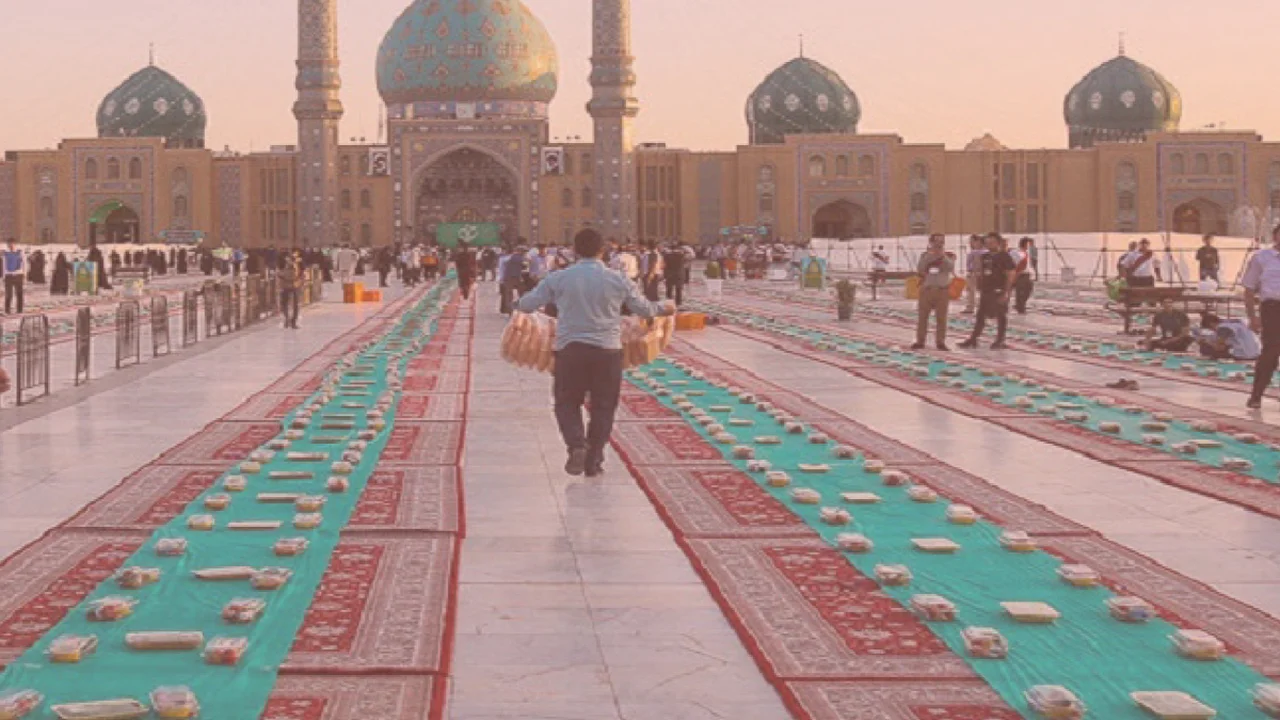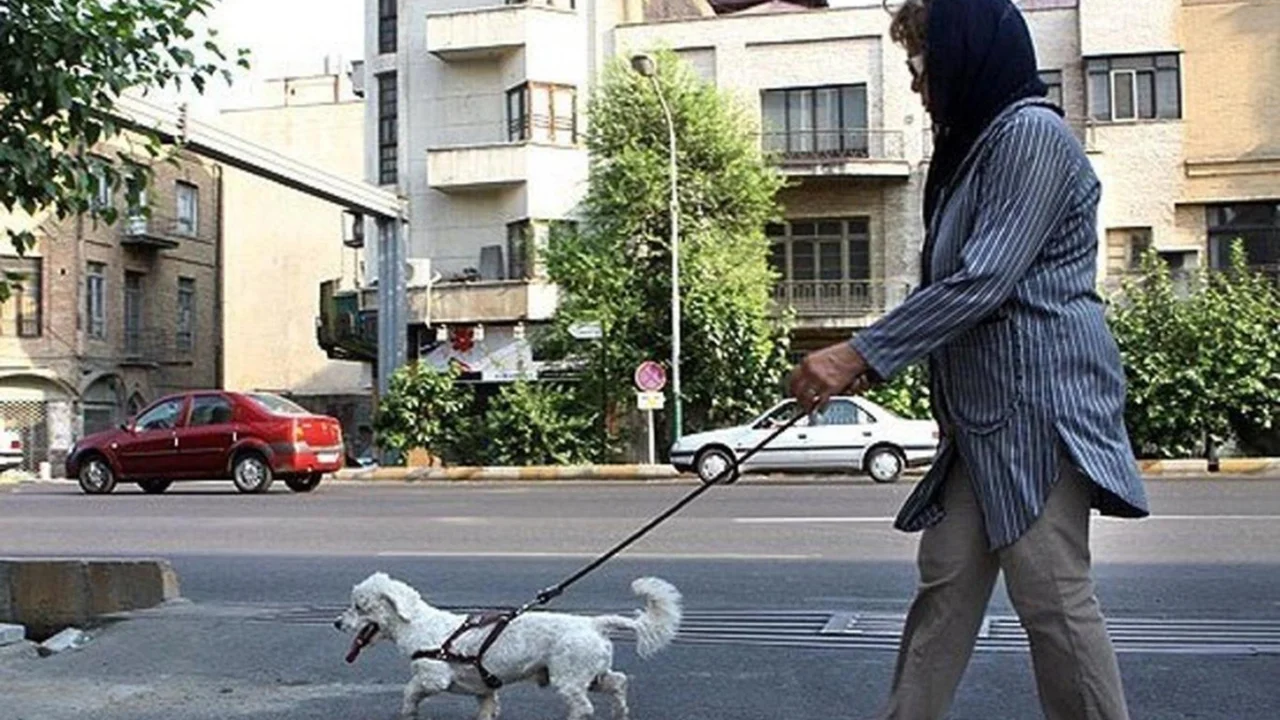Ramadan in Iran: Religious Fasting is in Decline, Poll Shows
In response to a new Iran Open Data poll, 85 percent of the participants stated they did not observe fasting during Ramadan. Seventy percent of those who said they did not fast said they did not face repercussions, while 16 percent said they were reprimanded for eating in public during fast time. Less than half of the poll participants took part in Qadr Nights and Fitr Prayer events.
The public mood Ramadan creates varies from Islamic country to country: It is festive in some, and more tedious in others. The difference in mood is somewhat dependent on the number of people who fast.
In Iran, officials have been collecting data about Ramadan since 1977. According to public surveys, the number of people who observe Ramadan has been steadily declining. For example, in 1977, a total of 79% of Iranians said they fasted, but in 2016, only 51% said they observed the fast.
Other surveys, conducted in recent years, show differing figures, but no reliable information has yet been published about fasting in Ramadan. A survey in 2019 shows that about 38% of Iranians fasted in Ramadan. Another survey in 2021 shows this number to be 45%.
In an attempt to gather some reliable information, Iran Open Data has conducted a poll and asked social media users to share their experiences.
The poll was available to participants for about a month, from May 9 to June 9, 2022. During this time, a total of 1,942 respondents contributed. Of the respondents, 95% said they resided in urban areas and 5% said they lived in rural areas; the respondents said they resided in 31 various provinces. As expected, most respondents said they lived in Tehran. The provinces of South Khorasan and Kohgiluyeh and Boyer Ahmad were the least represented. The average age of the participants was 33 years. Of the respondents, 74% identified male, 25% female, and 1% chose “other” as their gender identity. 42% of the respondents said they had a 4-year degree; 58% said they did not.
The following report and charts provide a general overview of the poll’s results.
- About 85% of the respondents stated they had not fasted at all during the recent Ramadan. On the other hand, 11% said they fasted the entire month, and 4% said they fasted only for a few days.
- More men stated they did not fast at all, but more women said they partially fasted.
About 70% of those who fasted stated they were not reprimanded for not fasting.
- Another 16% said they were publicly reprimanded for not fasting.
- The last 14% stated they fasted.
- More men said they have been penalized than women for not fasting.
- More women stated that they fasted, so the question of punishment is irrelevant.
- About 47% of respondents stated some of their family members fasted some or all days.
- On the other hand, 52% of respondents said that none of their family members fasted.
- All participants, including those who did not fast, were asked whether they had fasted in previous years.
- 52% of them stated that they did not.
- 48% stated that they fasted; 26% said they fasted all days and 23% said they fasted some days.
- More men than women stated that they did not fast in previous years.
- More women than men stated that they fasted some or all days in previous years.
- According to the poll’s results, people without bachelor's degrees fasted less than people with bachelor’s degrees in previous years.
- In order to gauge the respondents’ level of devoutness and emotional attachment to the rituals of Ramadan, they were asked whether they participated in the Nights of Qadr ceremonies.
- About 56% of respondents stated that they did not participate in this ceremony.
- 44% said they did participate in the ceremony.
- Apart from the Nights of Qadr, respondents who fasted some or all days were asked whether they participated in the Fitr Prayer.
- About 72% of respondents stated that they did not, and only 28% said they did participate in the prayer.
- Both men and women said they participated less in the Nights of Qadr and Fitr Prayer ceremonies.
- Women said they participated in the above ceremonies less than men. The lack of participation by women in the Fitr Prayer was greater than their lack of participation in the Nights of Qadr.



